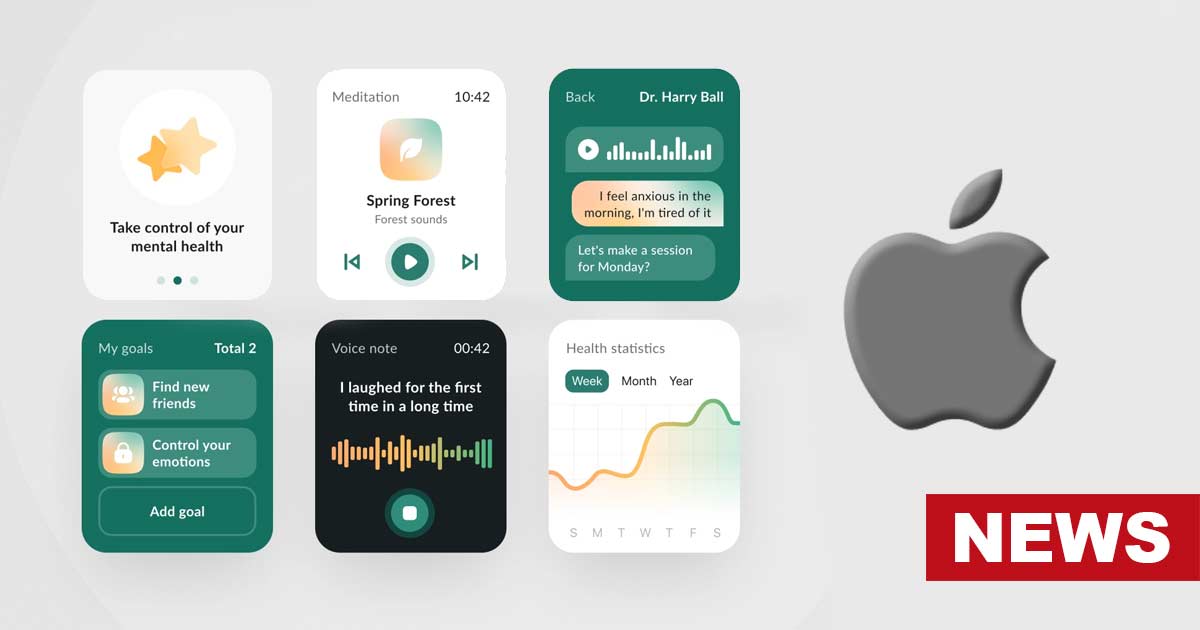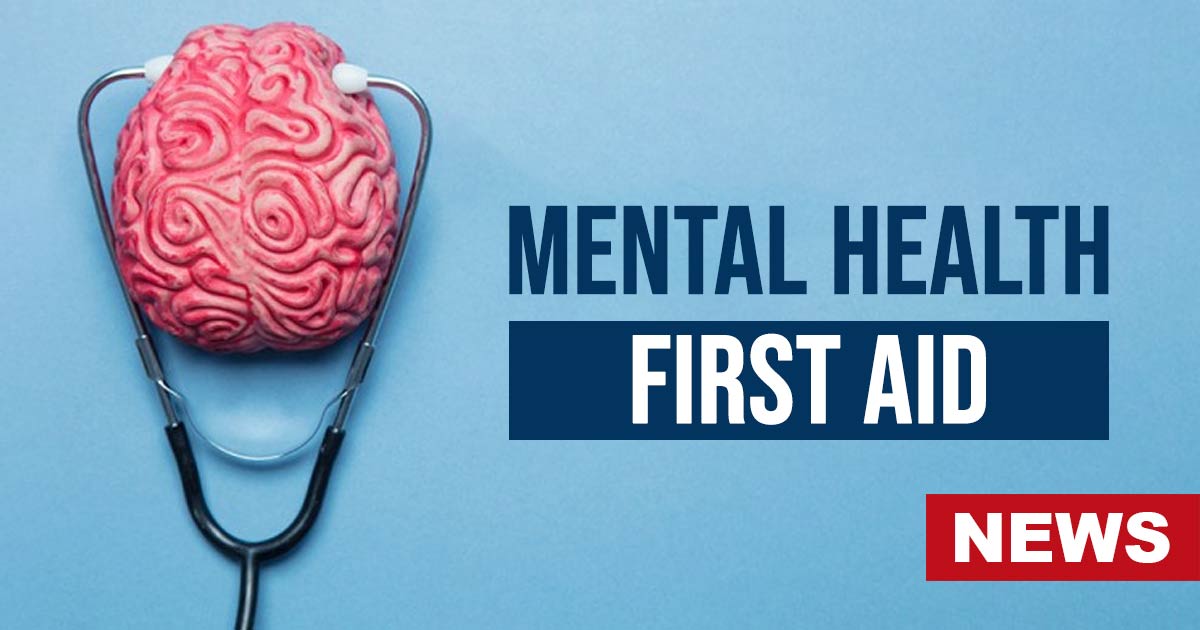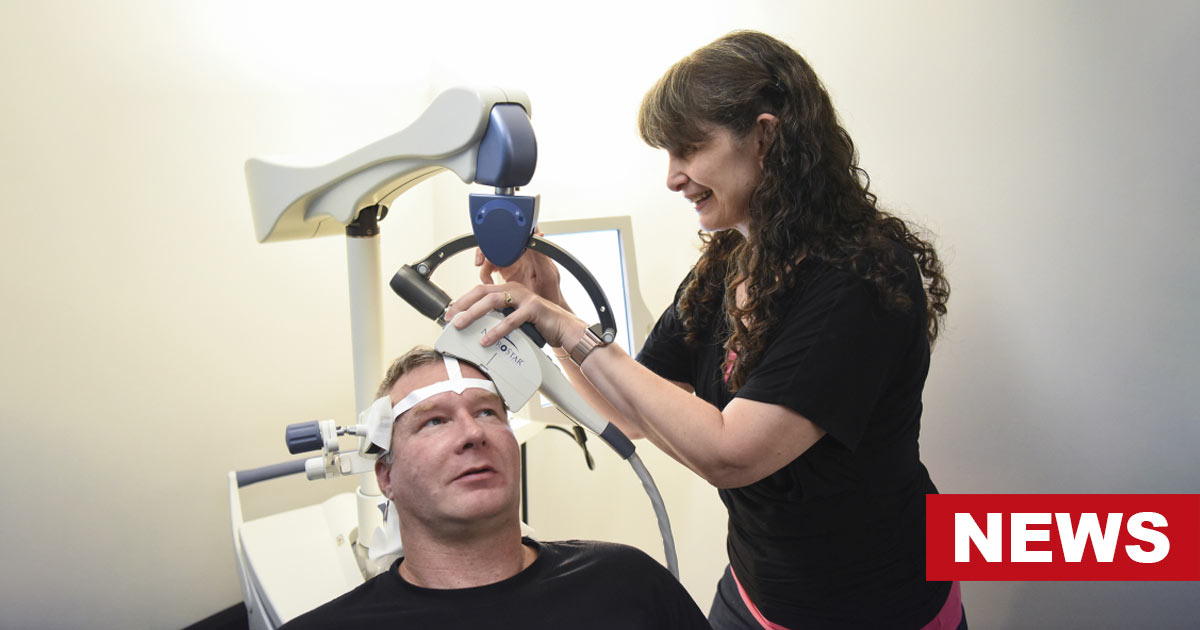Although a sleepless night might leave you mentally and physically drained, a recent study suggests that brief sleep deprivation can actually induce mood-boosting effects.
Neurobiologists from Northwestern University in the United States induced mild, brief sleep deprivation in mice and observed their behaviors and brain activity. Not only did dopamine release increase during the period of acute sleep loss, but synaptic plasticity, the brain’s ability to adapt and rewire itself, was also enhanced, leading to an improved mood in the following days.
The study published online in the journal Neuron provides valuable insights about how nature mood states transition. Additionally, this research may shed light on the mechanisms behind the rapid effects of antidepressants like ketamine and potentially identify new targets for novel antidepressant medications.
“Chronic sleep loss is a well-documented, widely studied issue with uniformly detrimental effects,” remarked Professor Yevgenia Kozorovitskiy of Northwestern University.
“But the effects of brief sleep loss, such as a student pulling an all-nighter before an exam, are less understood. We discovered that sleep loss induces a potent antidepressant effect and rewires the brain.
This serves as a crucial reminder of how seemingly casual activities, like a sleepless night, can fundamentally alter the brain in a matter of hours.”
In their study, the research team designed an experiment to induce brief sleep deprivation in mice without genetic predispositions related to human mood disorders. The challenge was to create a setup gentle enough to prevent substantial stress in the animals but uncomfortable enough to keep them awake.
Following a sleepless night, the mice displayed altered behaviors, becoming more aggressive, hyperactive, and hypersexual when compared to control mice that experienced a regular night’s sleep.
Using optical and genetically encoded tools, the researchers measured the activity of dopamine neurons responsible for the brain’s reward response. They found that the activity of these neurons was higher in animals during the brief period of sleep loss.
Although the precise reasons behind why sleep deprivation has this effect on the brain are not fully understood, Kozorovitskiy suspects that evolution plays a role. However, she also cautioned against using this knowledge as an excuse to pull all-nighters in an attempt to improve one’s mood.
“The antidepressant effect is transient, and we understand the importance of a good night’s sleep,” she warned. “I would say you are better off hitting the gym or going for a nice walk. This new knowledge is more important when it comes to matching a person with the right antidepressant.”
The research team’s novel experiment sought to understand the impact of acute sleep deprivation, a topic that has received relatively less attention compared to chronic sleep loss.
Chronic sleep deprivation has been linked to a range of health issues, including mood disorders, cognitive impairments, and a heightened risk of chronic diseases. However, the study’s focus on acute sleep loss could open doors to a better understanding of the nuances of sleep’s impact on mental health.
The findings may also have significant implications for the field of psychiatry. Rapid-acting antidepressants like ketamine have been hailed for their ability to provide quick relief to individuals with severe depression.
Understanding the mechanisms at play during brief sleep deprivation could provide insight into how these medications work, potentially leading to the development of more effective treatments for mood disorders.
Dr. Sarah Anderson, a psychiatrist not involved in the study, commented on the research’s potential implications. “This study provides a new perspective on the complex relationship between sleep and mood.”
“While it’s not advisable for individuals to deprive themselves of sleep intentionally, these findings could pave the way for innovative treatments and a deeper understanding of how the brain functions in different mood states.”
Despite the intriguing findings, the researchers emphasize that the antidepressant effect induced by brief sleep deprivation is temporary and not a sustainable solution for improving mood. They stress the importance of maintaining a healthy sleep routine and seeking professional advice for individuals dealing with mood disorders.
In conclusion, the study from Northwestern University unveils the surprising effects of brief sleep deprivation on the brain, shedding light on the potential transient antidepressant properties it may offer.
This research not only expands our understanding of the complex relationship between sleep and mood but also hints at new possibilities in the development of treatments for mood disorders.
Nevertheless, the importance of a good night’s sleep remains a cornerstone of overall well-being, and intentionally sacrificing sleep should not be seen as a viable solution to boost one’s mood.





















